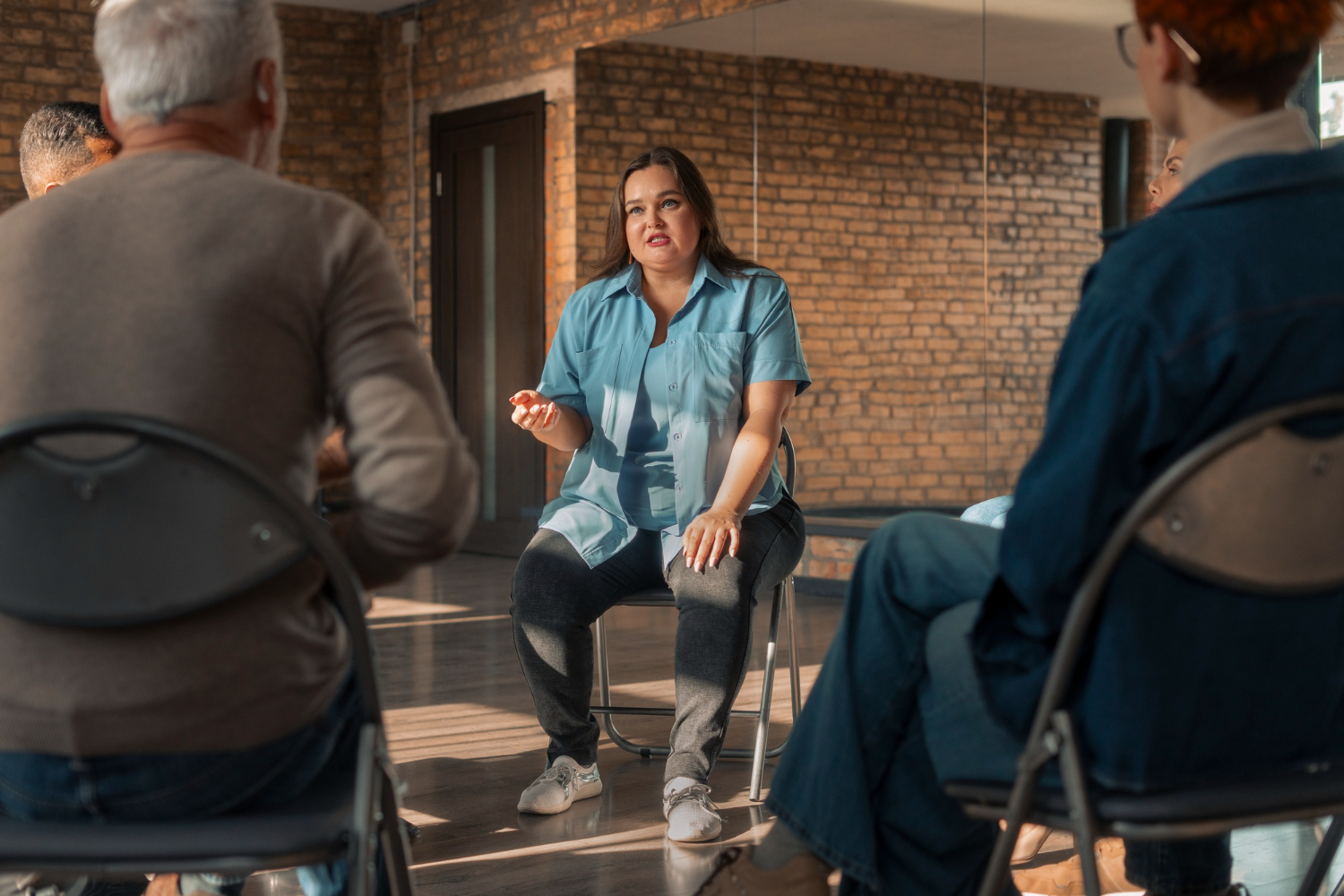A Brooklyn recovery facility offers outpatient rehab programs designed to help people heal while maintaining their daily routines. This guide explains what happens during outpatient treatment, from your first appointment to long-term recovery planning. You'll learn about the intake process, treatment plans, therapy options, group support, and family involvement. Understanding these steps helps you feel more prepared and confident about starting your recovery journey.
Intake Process
The intake process is your first step when you start outpatient rehab. Staff members will ask about your medical history, substance use, mental health, and any past treatments. This helps them understand your situation better. The process might feel long or personal, but the team is there to help you feel comfortable. Being honest during intake helps create the best treatment plan for your needs. The staff creates a safe space where you can share your story without judgment.
Treatment Plan Development
After intake, your team creates a treatment plan tailored to your needs. They look at your specific needs and goals to build a plan that works. This plan includes different types of help, clear goals, and timeframes for reaching them. You work with your team to make decisions about your care. This helps you feel in control of your recovery. Having a clear plan gives you direction and helps you track your progress over time.
Therapy Sessions
Therapy sessions give you one-on-one time with a counselor to work on your personal challenges. Each session focuses on your specific needs and uses proven methods to help you heal. You'll have a safe place to talk about your thoughts, feelings, and behaviors. Counselors use different techniques, such as cognitive-behavioral therapy and motivational interviewing. Together, you'll set goals you can reach and find ways to handle problems. Regular therapy helps you learn about yourself and develop skills for staying healthy.
Group Support
Group sessions connect you with others who understand what you're going through. These meetings offer support and friendship during recovery. Here are four main benefits of group support:
- Shared Understanding: Group members relate to each other's struggles, creating empathy and connection.
- Peer Encouragement: Support from others motivates you to stick with your recovery goals.
- Social Learning: Watching others' progress gives you new ideas and coping strategies.
- Accountability: Group members help each other stay committed to their recovery plans.
Family Involvement
Including family members makes outpatient rehab more effective. Family support gives you encouragement and understanding throughout treatment. When families join therapy sessions or education programs, everyone learns about addiction and mental health together. Families discover how to communicate better, set healthy boundaries, and create a supportive home environment. Working on family relationships can address problems that have contributed to substance use. Strong family support creates a solid foundation for lasting recovery.
Aftercare Planning
Planning for after rehab helps you maintain your progress and avoid relapse. Good aftercare planning includes several important parts:
- Continued Therapy: Regular counseling sessions help maintain your emotional and mental health.
- Support Groups: Joining support groups provides ongoing community and understanding.
- Healthy Lifestyle: Regular exercise, good nutrition, and stress management support overall wellness.
- Relapse Prevention Strategies: Learning to identify triggers and handle cravings prevents setbacks in recovery.
Other Related Posts:













